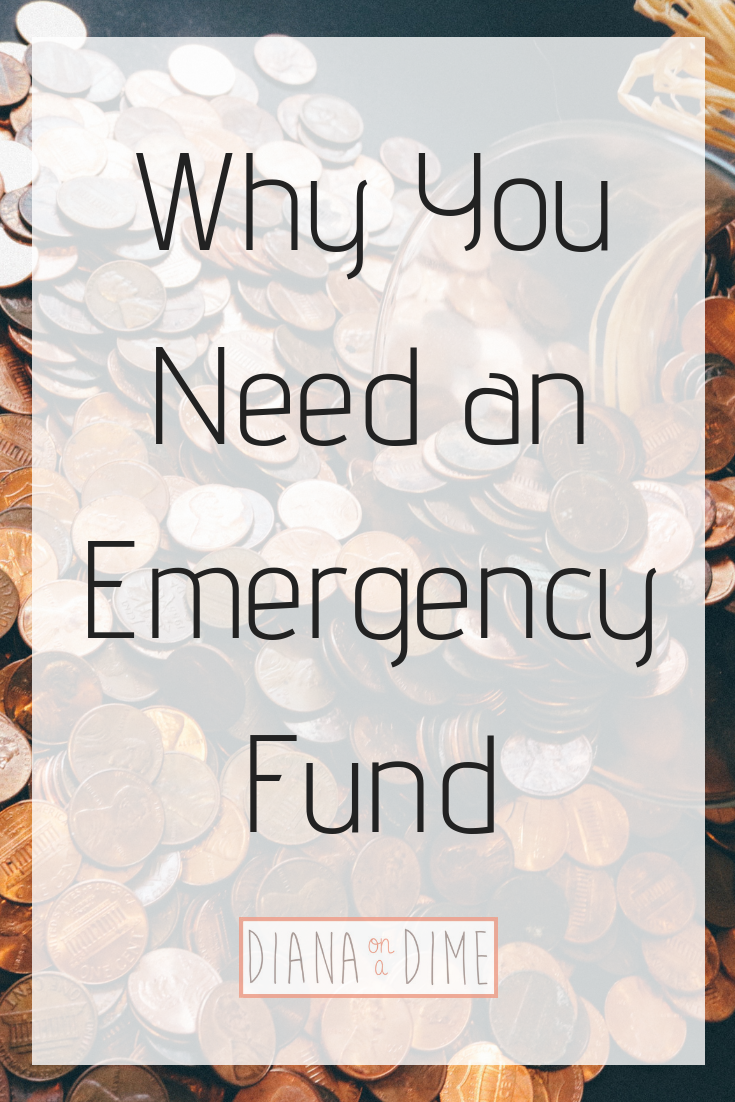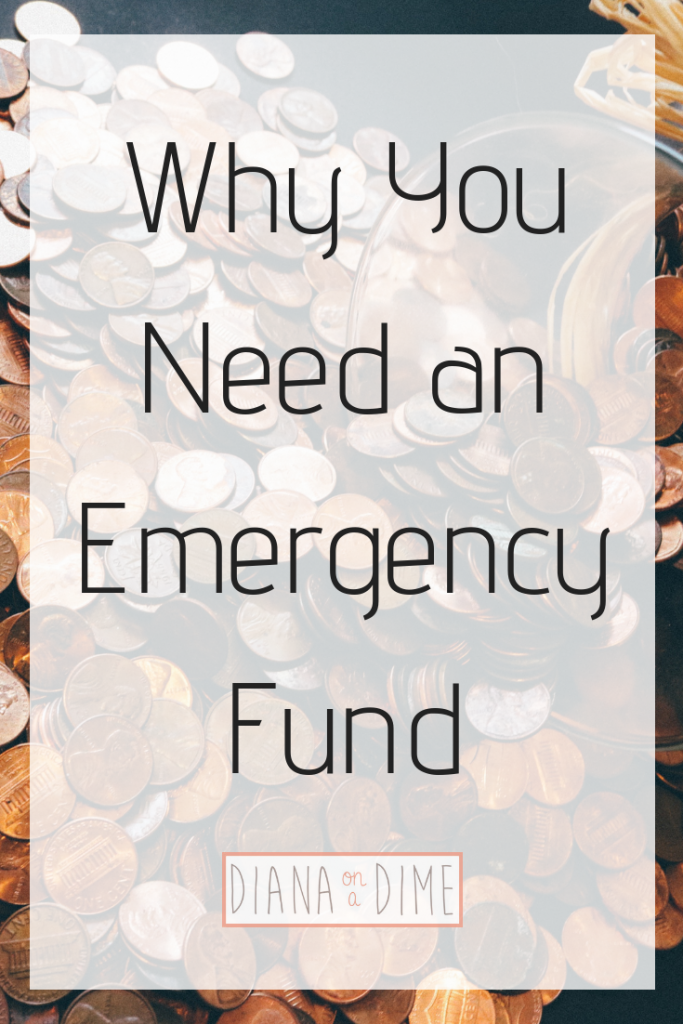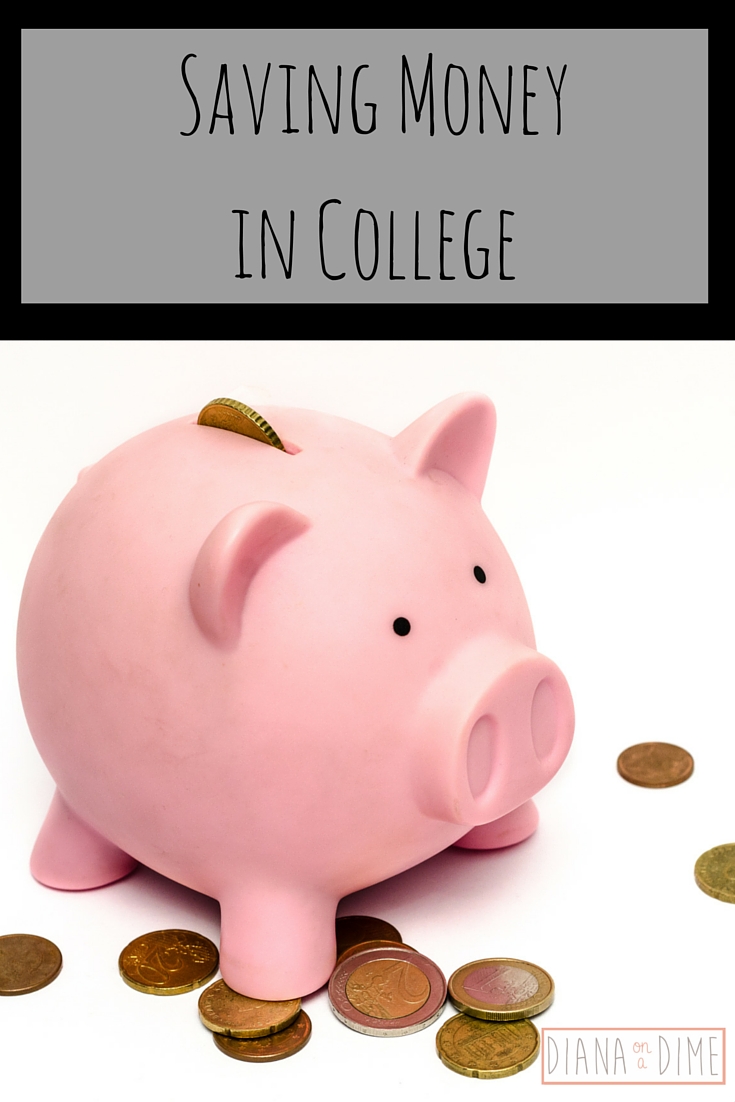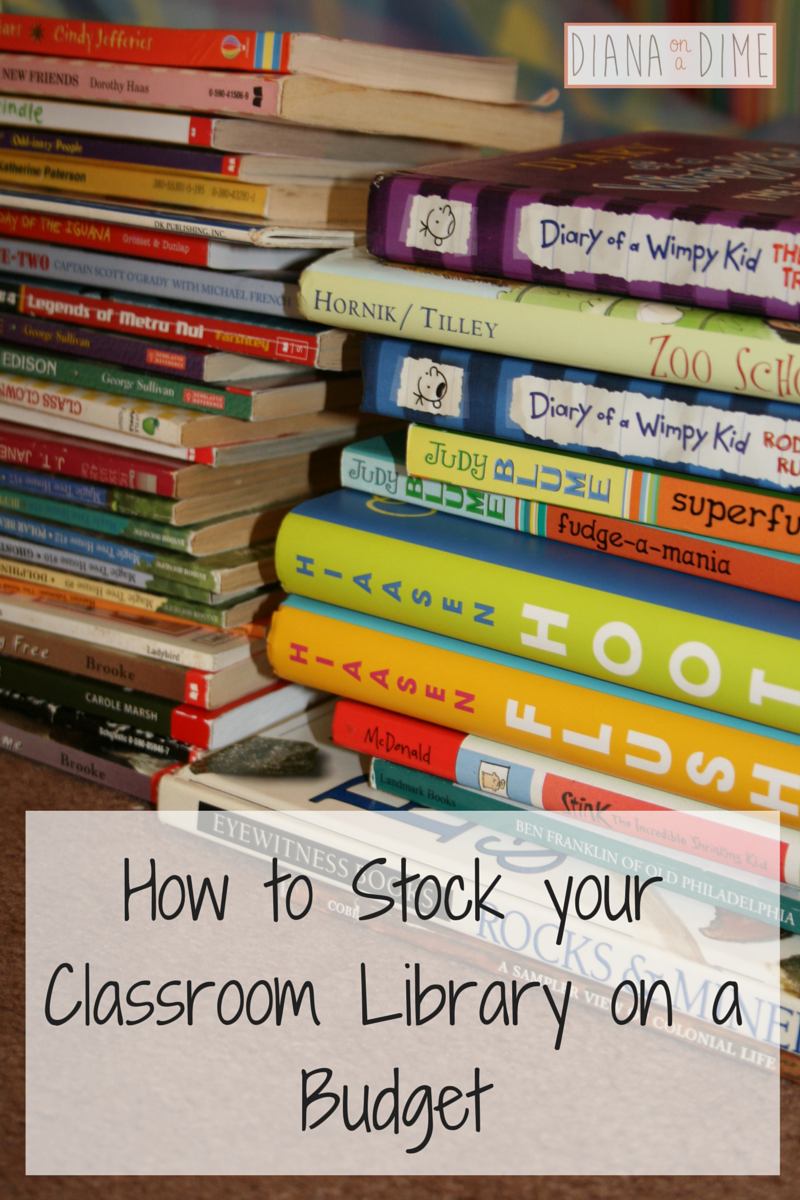Why You Need an Emergency Fund
Emergency funds are the key to financial success and really the only way you have a chance of changing your ways. Most people currently don’t have an emergency fund and utilize credit cards when Murphy shows up at your door. But, there are other ways to deal with the unexpected and you don’t need to fall back on credit cards for it.
I strongly believe that everyone needs an emergency fund and a budget. Without these two things, your finances are going to be a disaster. That might seem dramatic, but I find so much truth in it.
Without a budget, you have no idea where your money is going. You aren’t working on any kind of short or long term financial goals and you’re ultimately not in control of your finances.
Without an emergency fund, you have nothing to fall back on in the event of job loss, car troubles, house repairs, etc. No matter how well you’re doing with paying off debt, in the event of an emergency, you will be stuck falling back on some sort of debt to get yourself out of the unexpected.
By utilizing the two, you are setting yourself up for success in your finances. The only way to change your current situation is to start budgeting and to have a solid emergency fund set up.
Why would an emergency fund change my financial life?
Most people who are getting their finances together don’t have an emergency fund and rely on debt to get through life. Whenever they have an emergency they put the expense on a credit card and treat the card as an emergency fund. The problem with this is that you are losing so much money on interest, it mathematically doesn’t make sense.
By having an emergency fund, you will have the money available to use in the event of the unexpected happening and won’t need to use debt. This ultimately saves you money because you won’t be wasting money on any interest and you won’t need to deal with the burden of added debt.
How much should you have in an emergency fund?
This is ultimately a personal preference, but there are some guidelines to determine how much you should have. I strongly believe everyone should have at least 1 month of expenses saved up. What I recommend is to have one month saved up, and then slowly build the rest while working on other goals.
For example, if you have debt you want to pay off, save one month of expenses, then start focusing on paying off debt while still sending a little to your emergency fund each month to build it up more.
Some things that would require you to have a larger emergency fund would be owning a home, having children, an inconsistent or unreliable source of income, or health issues. Any of these would require a larger emergency fund to be prepared for the unexpected that could happen. I would recommend 3 to 6 months of expenses saved up and even up to 12 months depending on your situation.
How to create an emergency fund?
This is why budgeting is so important. Once you create your budget, you will know exactly where your money is going. You can cut expenses that you don’t value to create more cash flow to work with. In your budget, you will create a line for emergency fund as an expense. If you’re working with a zero based budget, which I recommend, you’ll put all of your extra money at the end of your budget to your emergency fund to zero it out. This will continue until it is funded to the number you determine is needed. If you need help with creating a budget, I have a template you can use for this!
The first two steps you need to complete is creating a budget and an emergency fund to put you on a good financial path. If you have any questions or need help with this, send me an email, or subscribe to my newsletter! Do you have an emergency fund?





